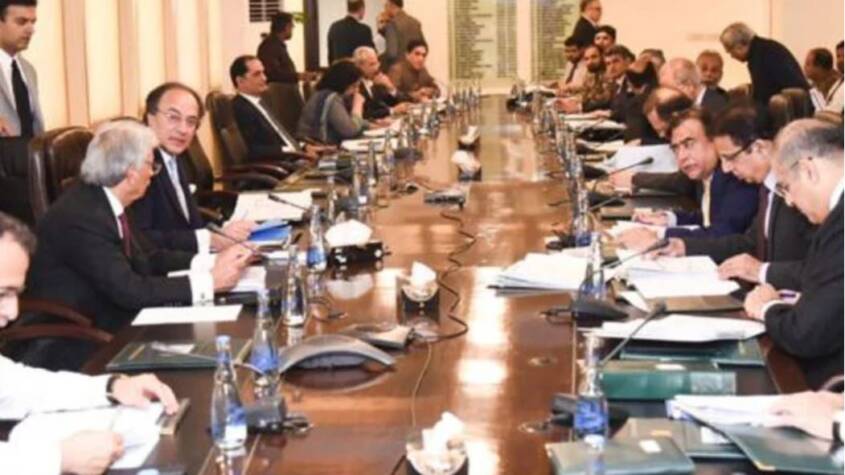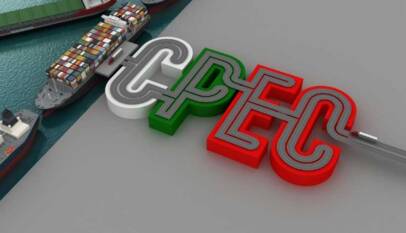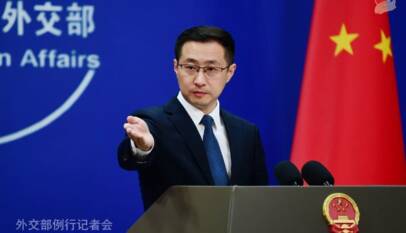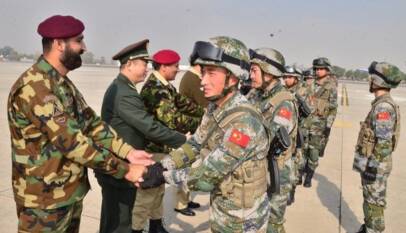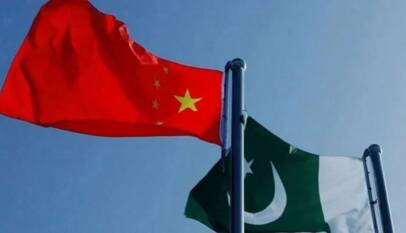PM Shehbaz approves 20 trade and investment officer posts in China to boost exports
Prime Minister Shehbaz Sharif’s decision to establish 20 new trade posts across Pakistan’s Embassy in Beijing and consulates in China has sparked mixed reactions. Approved during the ECC meeting on November 2, the initiative aims to boost Pakistan’s exports and address its trade deficit with China. While officials highlight the need for local staff skilled in Chinese language and business practices to improve trade relations, some, like economist Dr. Kaiser Bengali, criticize the move as unnecessary bureaucracy, arguing that industrial revival is key to export growth. The new posts will be allocated among Pakistan’s Embassy in Beijing and consulates in Chengdu, Hong Kong, Guangzhou, and Shanghai.
ISLAMABAD: There has been mixed reaction to the decision by Prime Minister Shehbaz Sharif in which he has approved the setting up of 20 new trade posts at the Pakistan Embassy in Beijing and at the different consulates in China.
The approval was given by the prime minister at the Economic Coordination Committee (ECC) meeting on November 2, in an attempt to expand Pakistan’s exports and reduce the current trade deficit with China.
“It was during the Business Conference in Shenzhen during the visit of the prime minister when it was evident that with existing less than even modest human resource for investment and trade promotion, the goal of enhancing Pakistan’s exports and a robust economic relationship with China will remain elusive,” an official tells The News.
Almost all these posts are local (staff level) employees, but not confined to the Embassy alone. In fact these posts will be spread out not only to Pakistan Embassy in Beijing but also to Pakistan’s four Consulates in Chengdu, Hong Kong, Guangzhou and Shanghai.
“The Pakistan Embassy will hire local staff as Trade Development Officers and Investment Officers. The Embassy needs this human resource because they are severely deficient in that,” the official said adding that this decision has been conveyed to the different ministries in Islamabad.
However, while officials and diplomats The News contacted, welcomed these new decisions saying it will have far reaching results in trade ties with China, there were others who were not so easily convinced.
Reacting to the decision by the ECC to create new trade posts in China, renowned economist Dr Kaiser Bengali completely disagreed. Earlier, he had resigned from the Austerity Committee, the high–powered committee for rightsizing in the federal government.
“How inane! Over 20 new trade offices to be set up inChina to boost exports! More non-development expenditure! The key to exports is revival of industrial sector to produce more, better n cheaper, not creating more bureaucratic positions,” he remarked on Twitter.
But officials insist that having staff with Chinese language skills and knowledge of local business scene, can be helpful in developing linkages with the local businesses. “Given the breadth of China (bigger than Europe) there is a need to reach out to various provinces and municipalities and these new staff will prove useful in reaching out to the breadth of businesses across China”, another official remarked.
CPEC’s Success Story: $25 Billion Invested Across 38 Completed Projects
ISLAMABAD: A total of 38 projects worth over $25 billion have been completed and 23 develo…



